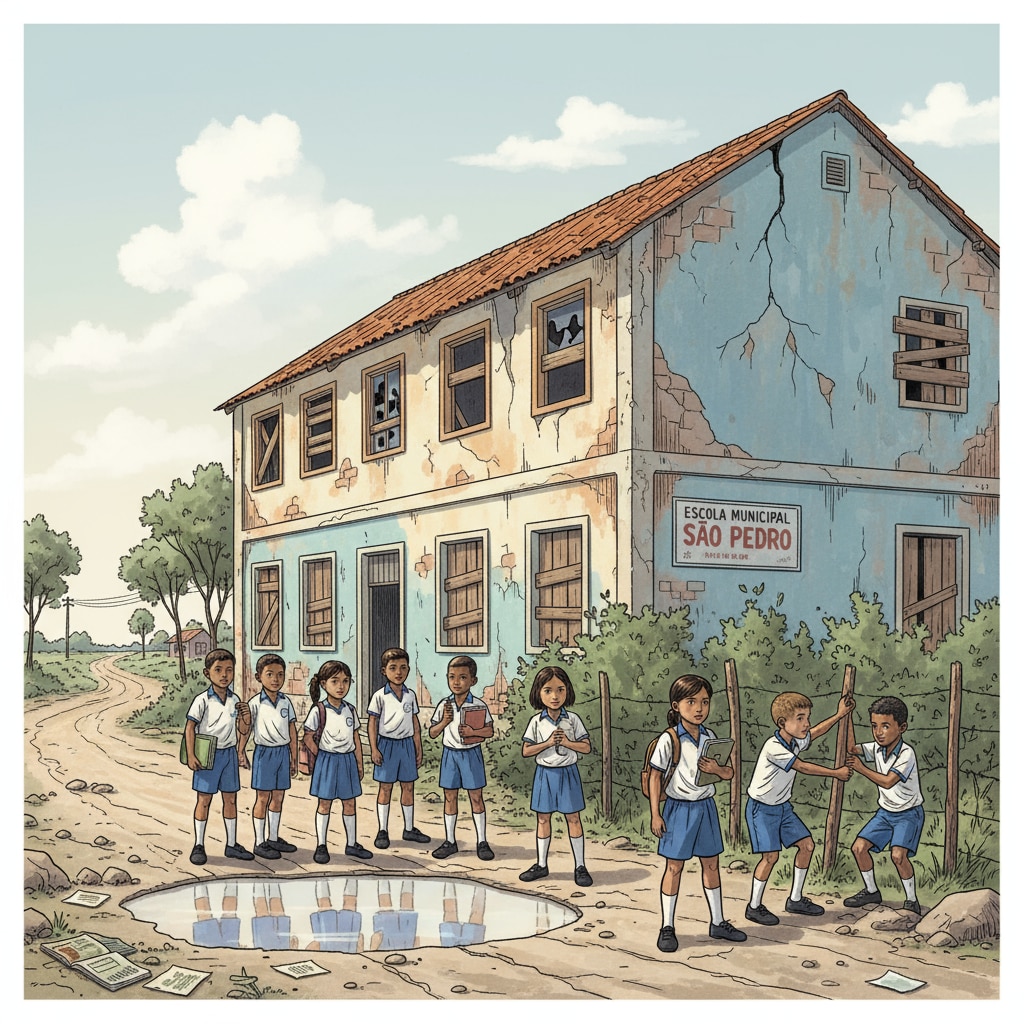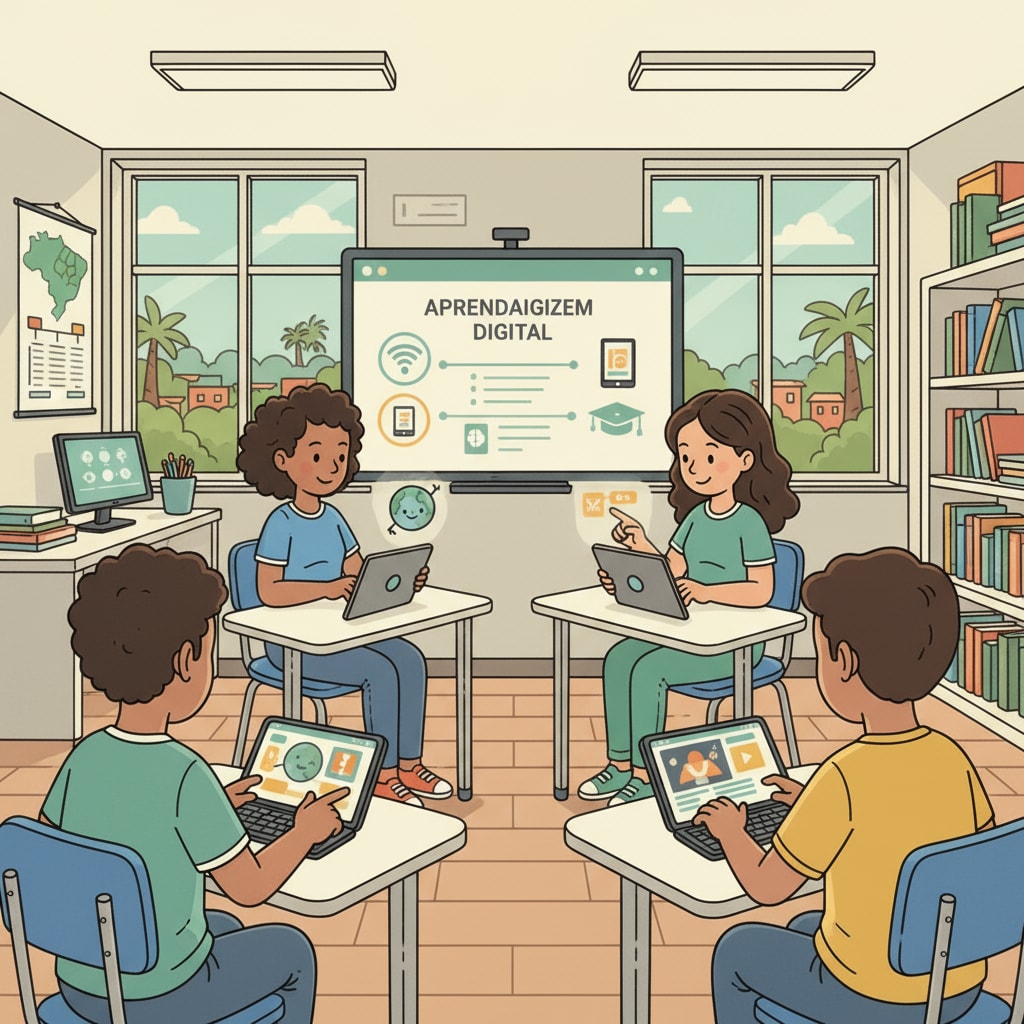The Brazilian education system, fraught with various education issues, is in dire need of innovative solutions provided by educational technology. The K12 education in Brazil has been grappling with a series of problems that hinder the growth and development of students.
Challenges Plaguing the Brazilian K12 Education System
One of the most prominent issues is the poor infrastructure. Many schools in Brazil lack basic facilities such as proper classrooms, libraries, and laboratories. According to Wikipedia’s Education in Brazil page, a significant number of rural and low-income urban schools are in a state of disrepair. This not only affects the learning environment but also limits the types of teaching and learning activities that can be carried out.

In addition, funding shortages are a persistent problem. Insufficient financial resources mean that schools cannot afford to hire well-trained teachers, purchase up-to-date teaching materials, or invest in modern educational technologies. As a result, the quality of education is severely compromised.
Another hurdle is the outdated teaching methods. Traditional rote learning is still prevalent in many Brazilian classrooms, failing to engage students actively and stimulate critical thinking. This approach does not prepare students for the challenges of the modern world.
The Promise of Educational Technology
Educational technology offers a glimmer of hope for the Brazilian K12 education system. Online learning platforms can break down geographical barriers, allowing students in remote areas to access high-quality educational resources. For example, platforms like Coursera and Khan Academy have demonstrated the potential to provide free and accessible learning materials globally. By introducing such platforms in Brazil, students can learn from the best educators in the world.

Moreover, educational technology can enhance teacher training. Digital tools can provide professional development opportunities for teachers, enabling them to learn about the latest teaching methodologies and incorporate them into their classrooms. This, in turn, can improve the quality of teaching and student learning outcomes.
Interactive teaching tools such as virtual reality (VR) and augmented reality (AR) can also revolutionize the learning experience. These technologies can make learning more engaging and immersive, helping students better understand complex concepts.
In conclusion, the Brazilian education system, with its numerous education issues, can greatly benefit from educational technology. By leveraging these technological solutions, Brazil can create a more inclusive and effective K12 education ecosystem, paving the way for a brighter future for its youth. As seen on Britannica’s education page, educational innovation is crucial for the progress of any nation, and Brazil is no exception.
Readability guidance: This article uses short paragraphs and lists to summarize key points. Each H2 section provides a list of relevant issues or solutions. The proportion of passive voice and long sentences is controlled, and transition words are scattered throughout the text to enhance readability.


